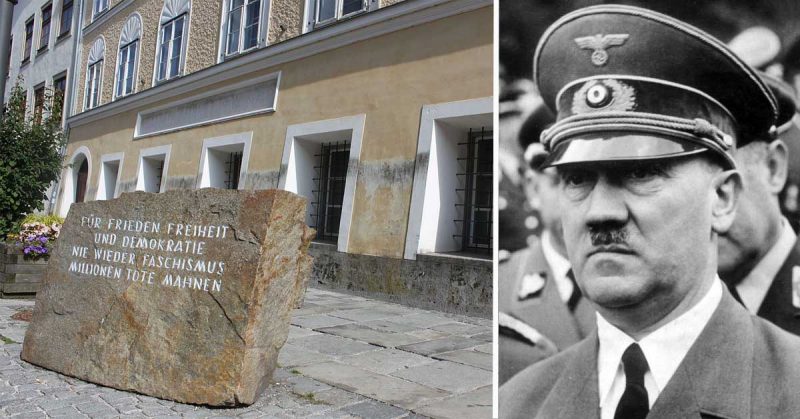Following years of wrangling and controversy, Austria’s parliament has permitted a law authorizing it to seize the house that was the birthplace of Adolf Hitler in 1889.
Owner Gerlinde Pommer, who has steadfastly refused to sell the structure or allow renovations, will be compensated; still unclear are the government’s plans for disposal of the property, a former guesthouse. Authorities do not want to see the house become an attraction for aspiring Nazis.
The building was used in the past by a local charity as a workshop for people with special needs and a day care center by a local charity. However, when Pommer refused to make renovations the charity moved out.
Debate for many years has centered on whether to destroy the building or change its purpose. Interior Minister Wolfgang Sobotka favors demolition.
A panel composed of historians who have been requested to advise on the situation, say razing the building would be the same as denying the Nazi past in Austria. Numerous cultural groups point out the building is a portion of the historic city center and therefore should be afforded protection as a heritage site.
When the Nazis ruled, the house was converted into a sacred place to Hitler, drawing in tourists. As the Nazis lost control it was closed in 1944, BBC News reported
Local residents say it continues to attract Nazi sympathizers to Braunau am Inn even as local authorities attempt to discourage this.
